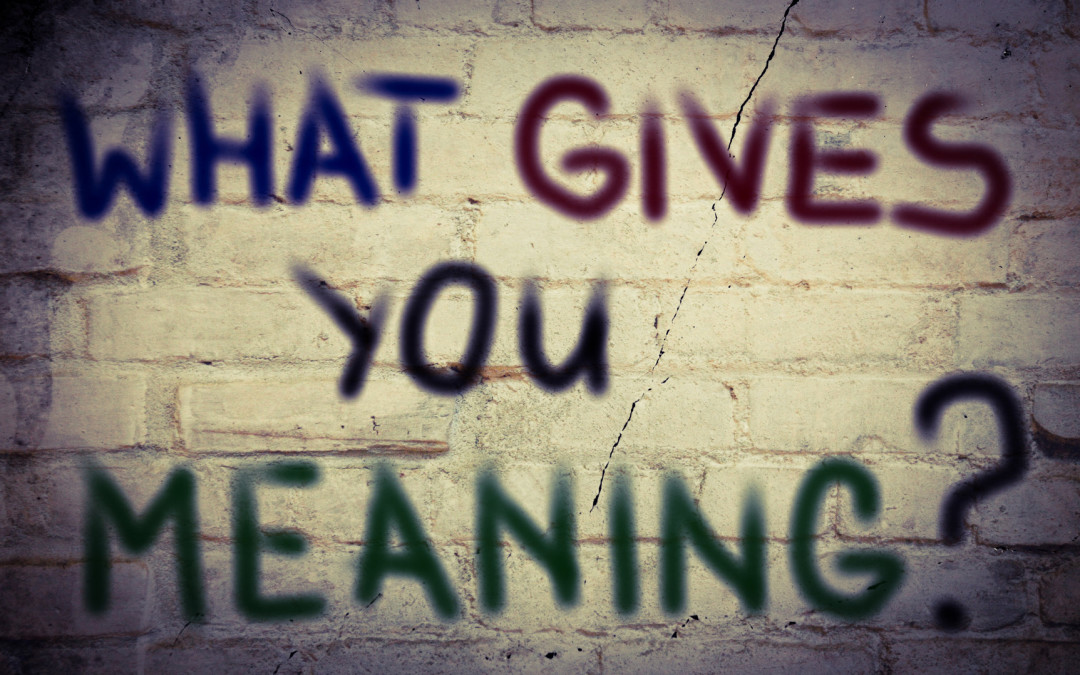
Mindfulness vs. Psychoanalysis — Who Is Right?
The beliefs of those practicing mindfulness vs. psychoanalysis vary dramatically. Is mindfulness or psychoanalysis right?

The beliefs of those practicing mindfulness vs. psychoanalysis vary dramatically. Is mindfulness or psychoanalysis right?

It can be extremely difficult to successfully cope after a relationship breakup. A broken heart actually can, physically, hurt. Similar to physical pain, the somatosensory cortex (controlling sensations that may occur anywhere in the body) may be activated when processing emotional pain (Kross, Berman, Mischel, & Wagner 2011). This may explain why the ending of a relationship is often a catalyst for people to seek out psychotherapy. Ironically, instead of feeling more relief after discussing the dissolution of a relationship with a psychotherapist. many people actually feel worse. Why does this occur? How do you successfully cope after a relationship breakup.

Relationship breakups often are often part of a negative relationship pattern. Research suggests that a couple days after Valentine’s Day is the most popular time for relationship breakups to occur according to Facebook status changes.
This research feels accurate as I have the most website visits during the month of February (according to my Google analytics) and new client phone calls. Coincidence? Maybe. Nonetheless, during this time (February) many of my clients describe disappointment, sadness and confusion as they try to understand and mend a broken heart from a breakup.
Although it is interesting to speculate on the pattern of when breakups occur, I believe it is more relevant to understand why people keep repeating negative relationship patterns. I have some explanations drawing from clinical anecdotes, psychological theory and research.

At work, can you be authentic or do you always have to fake it? Defining authenticity or being “real” can be an entire philosophical dissertation. A Buddhist may even say there is no true self. So to avoid obfuscation, I will use the following psychological definition found in research to define authenticity: authenticity is being aware of desires, objectively assessing strengths and weaknesses, engaging in behavior consistent with values and goals and being interpersonally honest. Studies indicate that greater authenticity can enhance self-esteem and overall wellbeing (Goldman & Kernis, 2002). Many people come to therapy because they want to live more authentically and discover their genuine feelings and motivations. However, what happens when one is at a job where being authentic can cause problems? Telling your boss off, or your client how you really feel about them could mean filing for unemployment. Do you fake it? The following are tips on how to cope when being authentic at work can be problematic.

Have you thought about the lessons about self-image and finding meaning in life in the movie Birdman? Birdman is a thought provoking film that leaves a lot open for interpretation. Bloggers and writers have asked many questions about whether the main character, Riggan Thomson, played by Michael Keaton, has super powers or what really happens at the end of the movie. Although these are interesting questions, what I found most compelling about Birdman is not what has happened or what is real, but what the film says about the psyche of a wounded actor and the drive that many of us have to find meaning in life and our self-image.